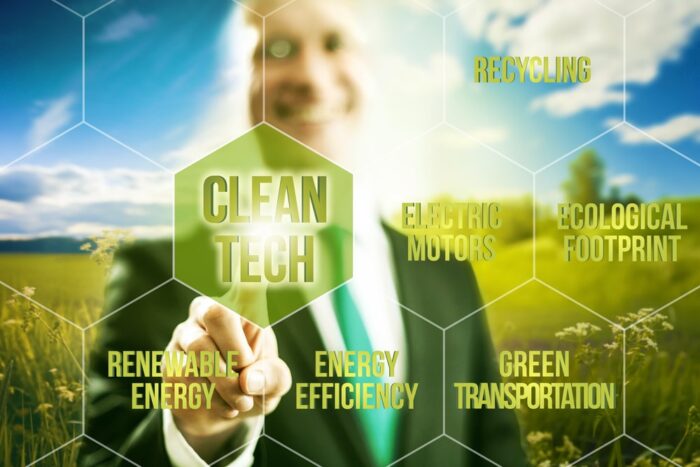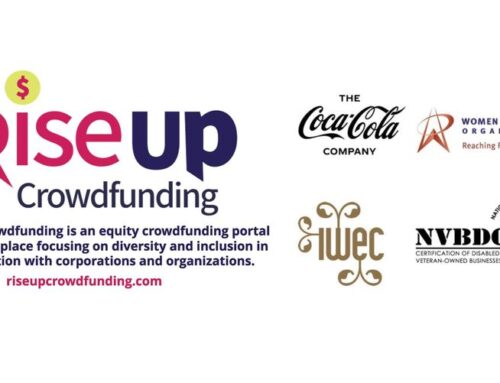By Kat de Naoum
For Thomas Insights
As a potential solution to the undeniable mass waste problem around the world, a few dedicated cleantech companies created innovative, trash-sorting robots. As great as this sounds, however, this fledgling tech solution is not likely to fully get off the ground without investment from venture capitalists, but they have their reasons for holding back.
Before we get into the nuts and bolts of why venture capitalists have not enthusiastically jumped on board, what is currently being done in the world of clean technology, and what the future holds for cleantech, let’s take a brief look at what’s at stake, what exactly clean technology is, and what it can offer.
Global Waste Management Problems
With the typical human producing around 4.4 pounds of waste on a daily basis, it’s expected that global waste will reach 3.4 billion tons by the year 2050 (North America is the greatest waste generator per capita, with Europe and Asia following closely behind).
Given the high levels of confusion and misinformation surrounding recycling, it’s unsurprising that Americans are currently only recycling 32% of waste. The soaring cost of recycling means governments and waste management companies are oftentimes opting to send recyclables straight into landfills.
This problem was exacerbated in 2018 by China’s National Sword policy, which placed huge restrictions on the types of solid waste it would import when it banned four categories and 24 types of imports. Then, in 2021, it banned all solid waste imports. The U.S. had, profitably, shipped almost 27 million tons of plastic waste to China to be recycled in the last 25 years.
This upheaval has left the U.S. with simply too much waste to recycle; too much of it is too dirty, it’s backing up at recycling centers, and it’s an enormous expense for governments, businesses, and manufacturers to manage. Efforts to find other countries to take plastic waste after China closed its doors have proven problematic, with many countries unable to cope with the volume. In 2021, an amendment to the Basel Convention made plastic waste a more highly regulated material, and U.S. scrap plastic exports declined.


